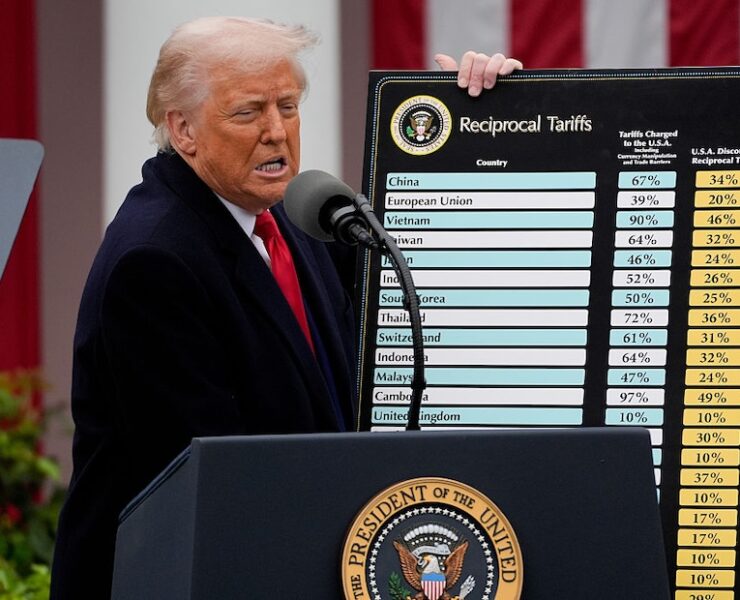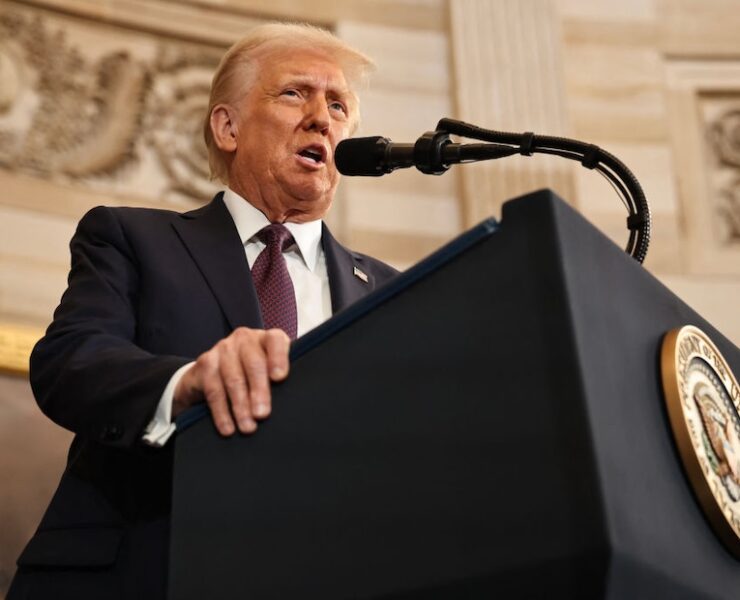Five steps for GCC countries to resume their economies post Covid-19
Regional governments must undertake key measures to ensure a renewed and sustained approach to economic recovery

The Covid-19 pandemic has altered the landscape worldwide.
The GCC states are no different as they continue to reel from the fallout of the virus.
According to the International Monetary Fund, as of early 2020, the region’s GDP was projected to grow by 2.5 per cent for the year, which by April had downsized to a contraction of 2.8 per cent.
However, by undertaking appropriate measures during and post the crisis, the governments can greatly influence the path to economic recovery, a study by Strategy& Middle East, part of the PwC network, suggests.
“Thus far, GCC governments have taken important steps to mitigate the crisis,” said Paolo Pigorini, partner with Strategy& ME, part of the PwC network.
“They have correctly prioritised the provision of healthcare to their citizens. They have imposed varying degrees of lockdown to contain the pandemic and prevent the contagion from overwhelming the healthcare system. They have provided economic support, such as unemployment assistance to individuals and households, and financial aid to small businesses,” he added.
The next challenge for governments is to ease lockdown permitting life to resume normalcy and businesses to recommence while battling a potential risk of resurgence of the virus until a vaccine is found.
“Governments need to lay the public health foundations, including testing and tracing procedures to identify a potential new surge of infections and swiftly contain it. Accompanying this, governments should ensure that the healthcare system is ready and available to cater for the new cases if and when they occur,” added Sami Zaki, principal with Strategy&.
Subsequently, governments can begin to focus on five measures to promote economic stability which include:
Assess and prioritise sectors: Governments should assess and prioritise sectors to determine the right sequence for them to resume operations, the assessment criteria including the relative economic contribution to GDP and risk of virus transmission, based on the typical proximity of employees within the workplace.
This should be followed by an assessment of sub-sectors to account for unique exposure levels and the geographical readiness of healthcare systems to manage any potential resurgence.
Enact strict workforce protocols: Governments and employers should enforce strict protocols – ranging from medical readiness to engineering, hygiene, and travel – for returning employees to ensure their safety. Also, the GCC countries should focus on improving living conditions in sectors in which there is greater worker proximity and risk.
Conduct extensive testing and tracing: To reduce the risk of a renewed outbreak, governments need to deploy comprehensive testing and tracing mechanisms. Testing must include both the rapid antibody procedure, which requires a blood draw, and traditional polymerase chain reaction (PCR) swab tests to maximise detection. Mobile phone-based digital tracing systems are also available to identify infected and at-risk individuals.
Initiate a staged workforce return: Economic resumption plans need to consider factors such as the age and health condition of workers to ensure the safety of those returning to the workplace and their families. Governments should therefore tailor return-to-work schedules to the unique needs of individuals.
Engage and develop trust with the population: Ongoing engagement and communication are essential to build trust and inspire the population to behave responsibly. Governments should proactively communicate health-related measures and their reasoning to help the population cope with uncertainty.




